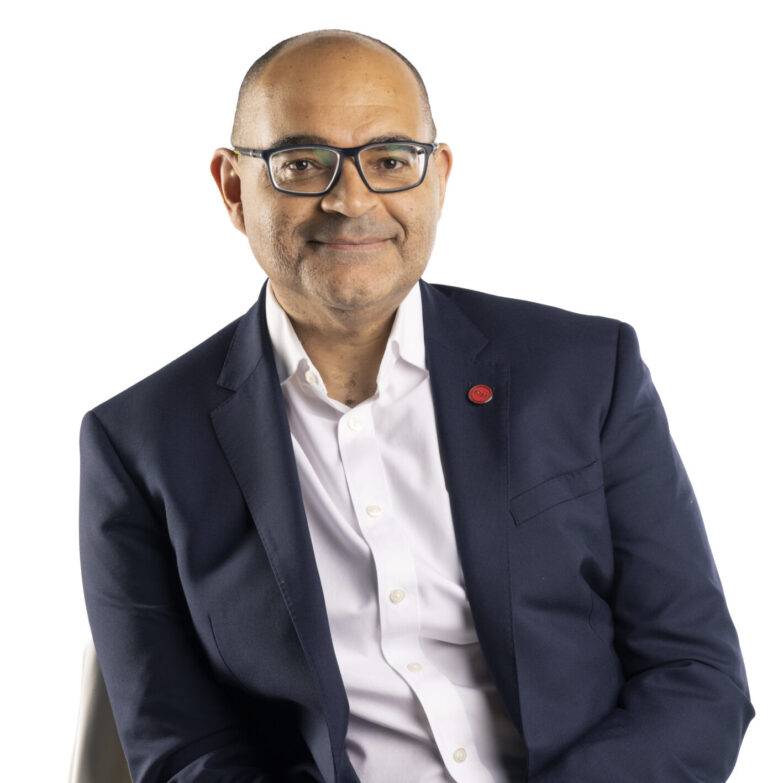By Johnson Idesoh,
Every day, money moves across African borders in the billions. These transactions pass through more than fifty regulatory environments, are denominated in dozens of currencies, and rely on institutions with widely varying levels of digital maturity. Yet the infrastructure securing these flows – globally and across Africa – is under increasing strain, challenged by the scale of demand and the speed at which threats evolve.
According to EY, global cross-border payment flows are growing at an estimated 9% annually, reaching $190 trillion in 2023 and projected to surpass $290 trillion by 2030. Each year, billions of those dollars move through African payment corridors. While exact continental figures remain difficult to establish – an issue in itself – remittance flows, estimated at $54 billion annually, illustrate the scale. Much larger volumes are driven by corporate payments, intra-African trade, and government transfers – each of which places distinct demands on the systems that carry them.
The user interface of those systems – such as a banking app – may offer a seamless experience, but beneath it, a multi-layered validation engine is at work: screening for fraud, confirming device provenance, triangulating location, and flagging anomalies.
At the centre of this modern authentication stack is the shift from deterministic to adaptive authentication – and for Africa, this carries two strategic implications. The first is that security must be mobile-native. Traditional assumptions about device trust, browser-based sessions, or fixed-location usage models do not hold in environments where mobile penetration outpaces formal infrastructure. Security must be engineered for portability, able to validate identity across SIM swaps, handset changes, and low-data environments, without exposing users to risk.
The second is that inclusion and intelligence must converge. Adaptive authentication makes it possible to extend high-trust experiences to users with limited financial footprints by anchoring trust in behavioural patterns, device signatures, and biometric input. Increasingly, this will be driven by machine learning models trained on vast datasets – models capable of inferring risk not from isolated red flags, but from subtle shifts in user interaction over time.
Authentication is only the first factor. Once identity is verified, the transaction must still traverse the institutional and technical infrastructure that connects domestic banking systems to regional and global corridors.
Unfortunately, most African cross-border payments still rely on infrastructure located outside the continent. According to the African Development Bank, over 80% of such payments originating from African banks are routed offshore for clearing and settlement. These detours introduce latency and raise operational costs by inserting additional jurisdictions into the transaction chain.
Regional initiatives have sought to reduce these dependencies. Platforms such as the Regional Payment and Settlement System (REPSS) and the SADC Integrated Regional Electronic Settlement System (SIRESS) were built to internalise clearing within regional blocs. Yet adoption remains uneven, constrained by limited currency convertibility and operational fragmentation across participating jurisdictions. Where bilateral integrations exist, they are often confined to pairs of markets with historical alignment or commercial necessity – not system-wide interoperability.
Emerging technologies do offer alternatives, but not yet resolution.
Distributed ledger systems can create shared transaction histories across multiple institutions, reducing reliance on intermediaries and enhancing auditability. But their security model is contingent on governance. Without regulatory clarity on liability, dispute mechanisms, and identity verification standards, distributed consensus risks becoming a decentralised opacity. AI, already operational in anomaly detection and liquidity forecasting, will become foundational to infrastructure security. But AI requires structured data and regulatory scaffolding. In the absence of both, its deployment may produce confidence without control.
If this layer of infrastructure can be reconstituted – not only through new technologies, but through standards that permit systems to observe one another, validate in real time, and enforce shared definitions of security – then the architecture itself becomes a guarantor of trust.
The next phase of securing cross-border payments in Africa will not be defined by new technologies alone, but by the degree to which institutions can embed security into the core architecture of regional financial systems. This requires more than technical interoperability; it demands operational standards, shared definitions of risk, and governance frameworks capable of enforcing them across borders. In a system this complex, security architecture must be designed to anticipate risk, not react to it.
Johnson Idesoh is the Group Chief Information and Technology Officer at Absa
